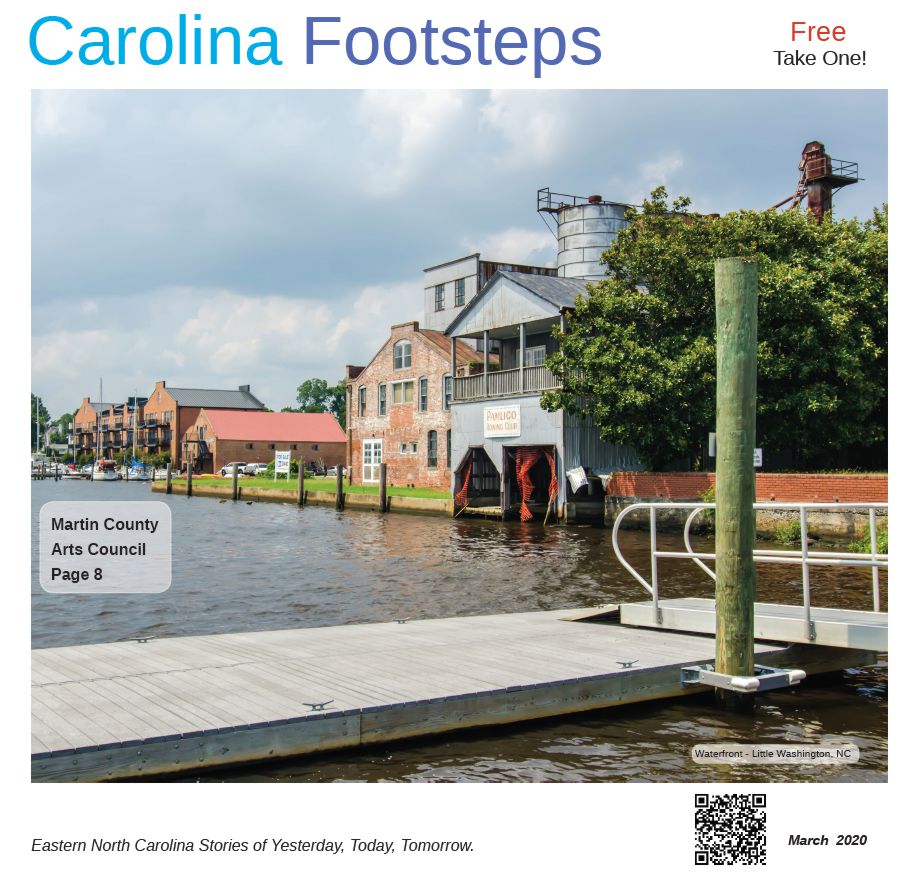Dr. J. Stanley McQuade was famous for saying, "A little bit of law is a dangerous thing". Nowhere is this more true than in the context of carrying firearms across state lines. This is particularly applicable to those of use who live near the state line, and travel frequently to Virginia to work or shop. Many times, people assume that the laws of the other state are the same as the laws of their home state, and we all know what "assume" makes out of u and me. Failing to know and comply with the foreign state's laws can result in civil liability, or even serious criminal charges.
Concealed carry permit holders are already familiar with the concept of "reciprocity", whereby one state recognizes a permit issued by another state. The first thing a permit holder should do when considering travelling to another state is to verify that reciprocity exists between the states. However, that is just the beginning of the process. While in the other state, you must also comply with all of their particular firearms laws, which may or may not make sense to you. As an example, North Carolina changed our law fairly recently to allow permitted conceal carry in an establishment that serves alcohol, provided that the permittee is not consuming alcohol. Carry into such an establishment in a state that does not permit concealed carry on that premises at all, and you are asking for trouble. Some states have laws that ban possession of a weapon at all on certain premises unless you have specific permission from the person in control of the premises.
Those who prefer to carry their weapons openly can run into similar trouble. In NC, open carry is generally allowed, except in prohibited places like courthouses, schools, etc. But cross into South Carolina or Georgia with a pistol on your hip and you may get cited for open carry without a permit, because they do indeed require a permit to carry openly. Other states require that open carry be in a belt holster only. Others ban open carry altogether.
Some differences in the law affect both open and concealed carry. For instance, some states require that any firearm brought into that state be registered with the police within a given time. Others require a separate permit to merely possess a weapon at all. Some states prohibit carry on a highway rest stop, or a public park. Some have "Stand Your Ground" or "Castle Doctrine" laws that expand the circumstances when and if you can actually use the gun, and some do not. Illinois requires a state-issued Firearm Owner Identification Card to even purchase ammunition. Some municipalities ban the sale or possession of hollow-point bullets. Special care must be taken when travelling through highly-regulated states like Maryland, where guns must be unloaded and locked in a separate container in the trunk. And don't even think about taking a pistol into Washington, DC or New York City at all!
Carrying/transporting long arms deserves mention as well. Everyone should be aware by now of the multitude of states and municipalities which ban or restrict "assault rifles" or large capacity magazines. But some states require that they be unloaded and carried locked in the trunk. As discussed in a previous article, the Federal Firearms Owners Protection Act is supposed to protect people transporting firearms from one state to another while merely "passing through" a state where the weapon would be regulated or prohibited (if the weapon is transported in compliance with the Act's provisions), but it is no guarantee against prosecution by an anti-gun zealot local prosecutor.
The traps for the unwary are not limited to just firearms. I used to attend a school for 2-3 days every year in Illinois, where I drove 100 miles from the airport to the school in unfamiliar territory after dark. I knew better than to try to carry a pistol there, so I bought an electric stun gun. Then I learned that Illinois also forbids carrying stun guns!
The lesson here is simple. When you cross that state line, you might as well be entering a foreign country. The ONLY rights that you take with you are the ones set out in the United States Constitution and the FOPA. Ignorance of their laws is not an excuse, and they don't care how you did it in North Carolina. We live in the "Information Age", when you can get a basic understanding of the foreign state's laws just by visiting a website or two. Educate yourself before you travel. Some might consider it a hassle, but it's easier (and cheaper) than paying a lawyer.
Gun Laws - by Joe Forbes
 Reviewed by kensunm
on
5:50:00 PM
Rating:
Reviewed by kensunm
on
5:50:00 PM
Rating:
 Reviewed by kensunm
on
5:50:00 PM
Rating:
Reviewed by kensunm
on
5:50:00 PM
Rating:








No comments: